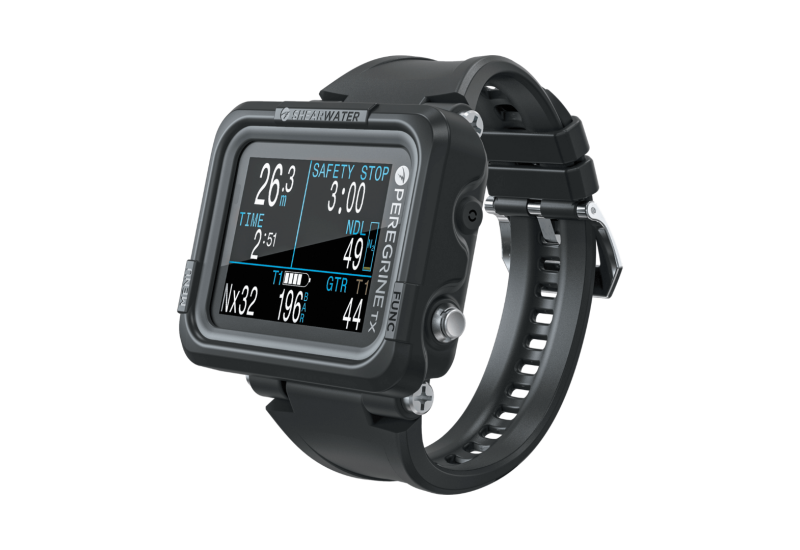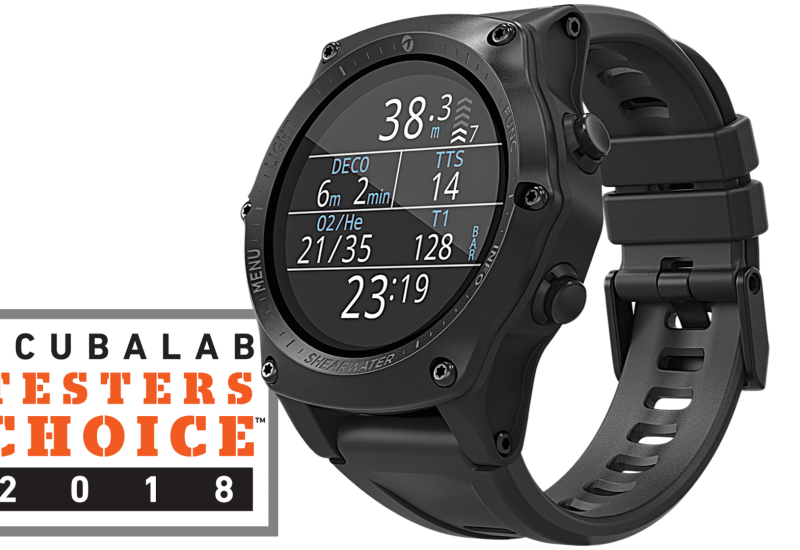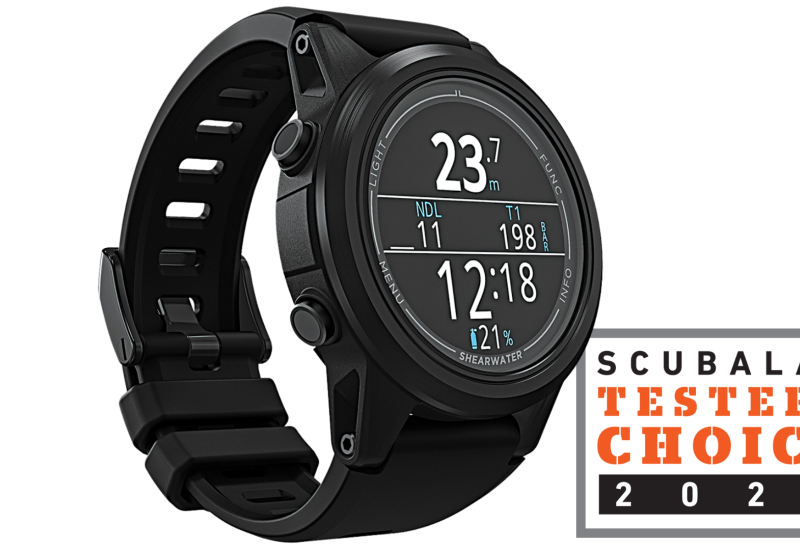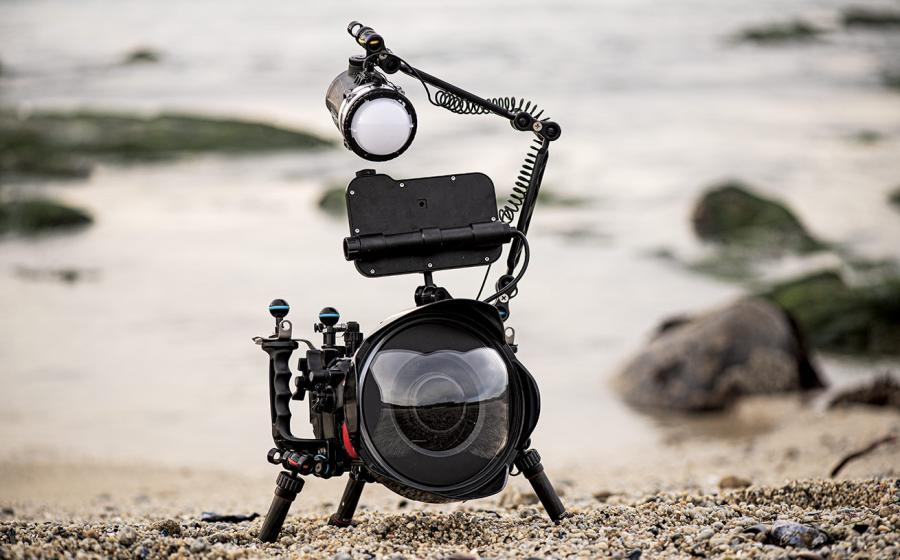Ask DAN: Can My Dive Computer Keep Me From Getting Decompression Sickness?

Waterframe/Alamy
Dive Computers
Divers might be surprised when they develop symptoms of decompression sickness (DCS) after dives that appeared safe according to their dive computers. It is important to remember that your dive computer knows nothing about your personal health status, level of physical fitness, individual susceptibility to DCS, thermal stress, or physical efforts during or between dives. When using a dive computer, remember that the mathematical algorithms provide guidance that must be evaluated and tempered by the conscientious diver.
Choosing Your Computer
There is a wide range of dive-computer models, from conservative to liberal, and the differences might not be evident at first glance. For example, a computer might establish conservative limits for an initial dive but liberal limits for repetitive diving. Review a variety of models so you can select a unit that is compatible with your level of risk tolerance.
Using Your Computer
It might sound obvious, but the first rule of using a dive computer is that it has to be switched on.Some models might require you to turn them on manually. For self-activating dive computers, you must ensure you have enough battery to last the whole dive. Also, remember that any decompression model is invalid unless you start using your computer when you are fully off-gassed from any previous dives. If you forget to take your computer on a dive in a repetitive series, you must use tables for the duration of that series (assuming you can manually compute the exposure of the unmonitored dive).
Heed the Readings
Be aware that confirmation bias promotes risky behavior — getting away with a risky exposure once, twice or even many times is still unsafe because your susceptibility to DCS can change unexpectedly and suddenly. If you are diving with a group, remember that there can be considerable variability in the readings provided by different computers or similar computers with different user settings. If discrepancies arise, follow the most conservative plan.
Keep It with You
If you develop symptoms of DCS, take your computer with you when you go for medical evaluation; some facilities might be able to download or review your profile to aid in diagnosis and treatment.
Dive Smarter
Although heeding your computer is important, do not take its advice blindly. The dynamic range of variables at play during a dive means that no two dives are identical, and chance can also play a role in the manifestation of DCS. They aren’t magic bullets, but dive computers are powerful tools that can make your diving easier and safer. Before you dive, make sure you have thoroughly reviewed the user manual and that you know how to operate your unit. Most importantly, sound knowledge of diving physiology, good physical conditioning and adherence to thoughtful practices offer the best protection for divers.
For more dive training, dive safety and diver health recommendations and tips, visit the Training, Safety and Health section of our website.
For more information, visit dan.org/health.










